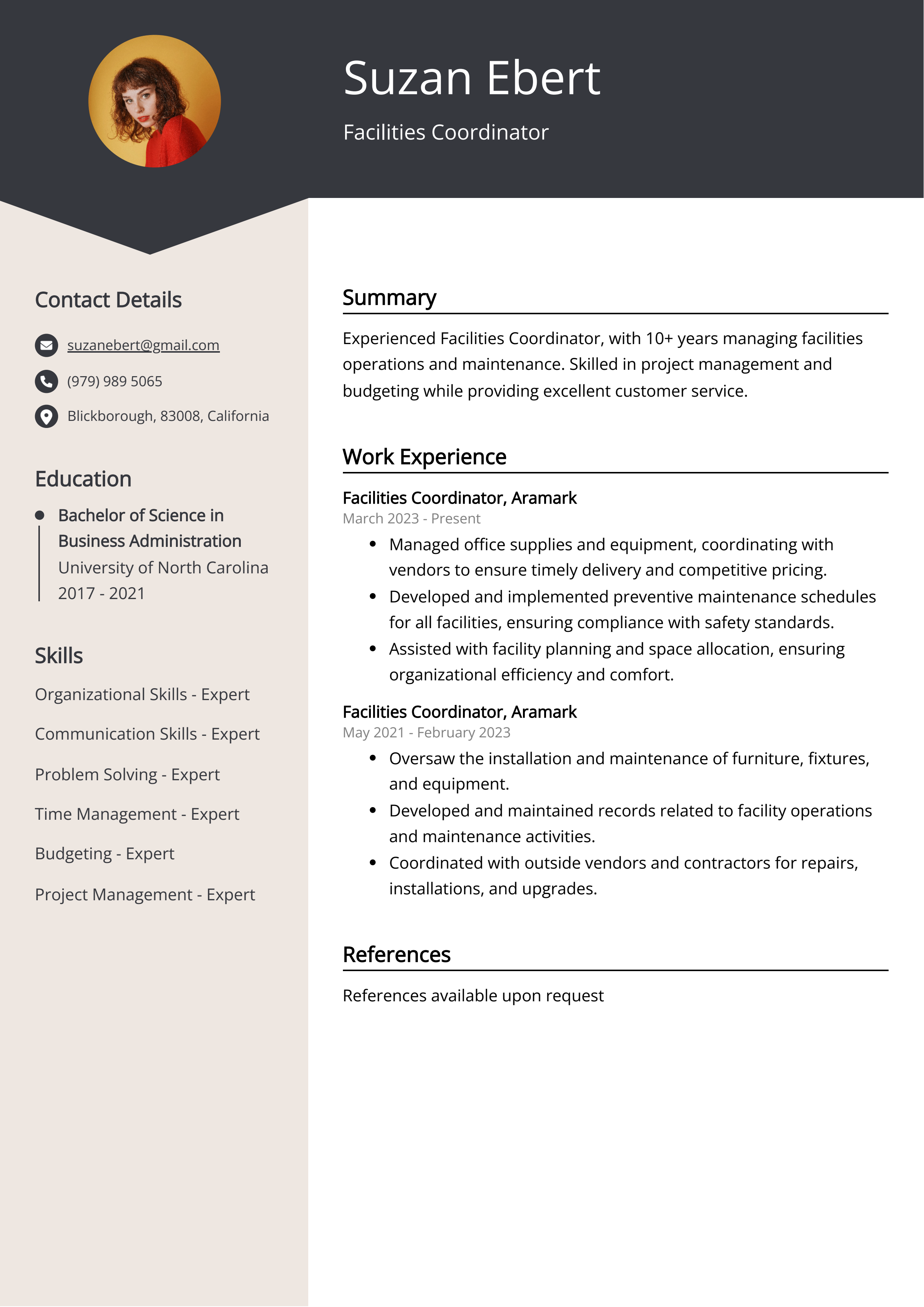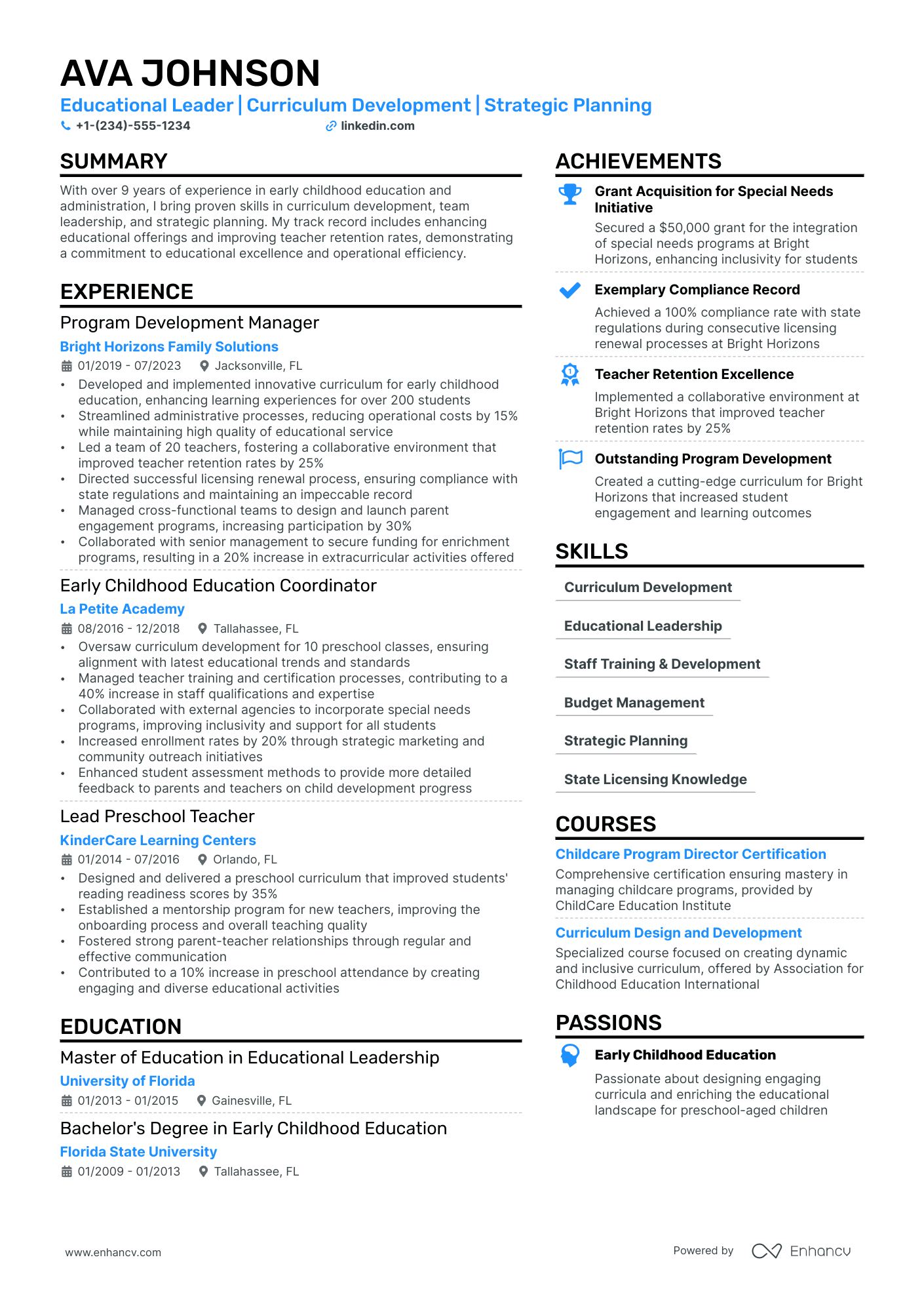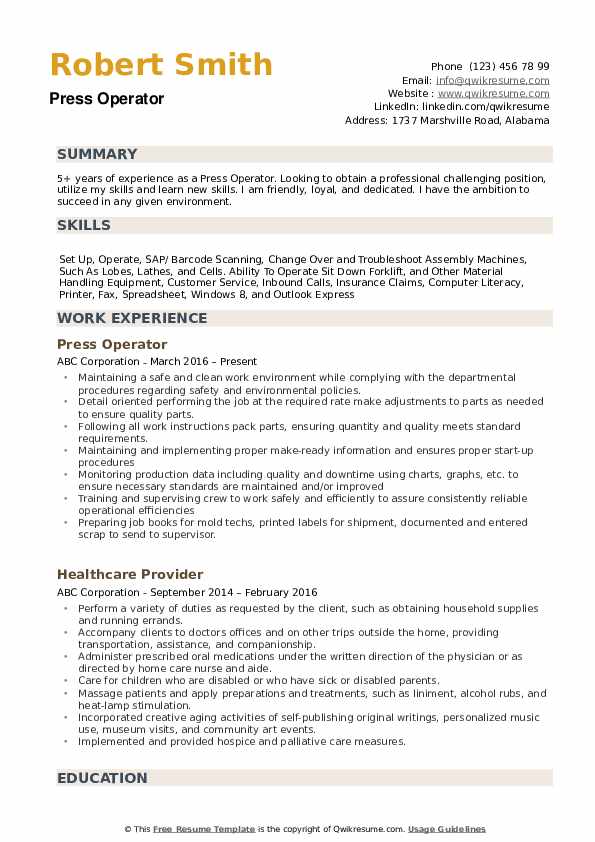
A facilities coordinator is responsible for the day-to-day operations and maintenance of a building or facility. This can include tasks such as managing repairs and renovations, coordinating cleaning and maintenance staff, and ensuring that the building is safe and compliant with all applicable codes and regulations.
Facilities coordinators play a vital role in ensuring that a building or facility is running smoothly and efficiently. They are also responsible for maintaining a positive and professional relationship with tenants and visitors. In many cases, facilities coordinators are the first point of contact for people who have questions or concerns about the building or facility. As such, they must be able to communicate effectively and resolve issues quickly and efficiently.
The job of a facilities coordinator is essential to the smooth operation of any building or facility. They are responsible for ensuring that the building is safe, clean, and well-maintained, and that all repairs and renovations are carried out in a timely and efficient manner.
1. Management
The management aspect of a facilities coordinator’s job is essential to the smooth operation of any building or facility. Facilities coordinators are responsible for overseeing all aspects of the building’s operation, including managing staff, budgets, and resources. They must be able to plan and coordinate projects, set priorities, and make decisions in a timely and efficient manner.
- Staff management: Facilities coordinators are responsible for managing a team of staff, including maintenance workers,, and security guards. They must be able to motivate and lead their team, and ensure that all tasks are completed on time and to a high standard.
- Budget management: Facilities coordinators are responsible for managing the building’s budget. They must be able to track expenses, identify areas where costs can be reduced, and make sound financial decisions.
- Resource management: Facilities coordinators are responsible for managing the building’s resources, including equipment, supplies, and space. They must be able to allocate resources efficiently and ensure that all resources are used effectively.
The management skills of a facilities coordinator are essential to the success of any building or facility. By effectively managing staff, budgets, and resources, facilities coordinators can ensure that their buildings are safe, well-maintained, and meet the needs of tenants and visitors.
2. Planning
Planning is a critical aspect of a facilities coordinator’s job. Facilities coordinators are responsible for planning and coordinating all aspects of a building’s operation, including repairs, renovations, and other projects. They must be able to assess the building’s needs, develop a plan to address those needs, and coordinate the execution of that plan.
- Project management: Facilities coordinators are responsible for managing all aspects of a project, from planning and budgeting to execution and closeout. They must be able to track progress, identify and mitigate risks, and ensure that the project is completed on time and within budget.
- Space planning: Facilities coordinators are responsible for planning and managing the use of space in a building. They must be able to assess the needs of tenants and visitors, and develop a plan to allocate space efficiently and effectively.
- Maintenance planning: Facilities coordinators are responsible for planning and scheduling maintenance activities for a building. They must be able to identify and prioritize maintenance needs, and develop a plan to address those needs in a timely and efficient manner.
- Emergency planning: Facilities coordinators are responsible for developing and implementing emergency plans for a building. They must be able to identify potential hazards, develop procedures for responding to emergencies, and train staff on those procedures.
The planning skills of a facilities coordinator are essential to the success of any building or facility. By effectively planning and coordinating repairs, renovations, and other projects, facilities coordinators can ensure that their buildings are safe, well-maintained, and meet the needs of tenants and visitors.
3. Communication
Communication is a vital aspect of a facilities coordinator’s job. Facilities coordinators must be able to communicate effectively with a variety of stakeholders, including tenants, visitors, contractors, and other building staff. They must be able to clearly and concisely convey information, answer questions, and resolve concerns in a timely and professional manner.
There are several reasons why communication is so important for facilities coordinators. First, facilities coordinators are often the first point of contact for tenants and visitors. They are responsible for creating a positive first impression and making sure that tenants and visitors have a good experience in the building. Effective communication is essential for building and maintaining relationships with tenants and visitors.
Second, facilities coordinators are responsible for managing a variety of projects and tasks. They must be able to communicate effectively with contractors and other staff to ensure that projects are completed on time and within budget. Effective communication is also essential for resolving issues and preventing problems from escalating.
Finally, facilities coordinators are responsible for ensuring that the building is safe and compliant with all applicable codes and regulations. They must be able to communicate effectively with tenants, visitors, and other stakeholders to ensure that everyone is aware of the building’s safety procedures and evacuation plans.
In short, communication is essential for facilities coordinators to effectively perform their jobs. By communicating effectively with tenants, visitors, and other stakeholders, facilities coordinators can create a positive and safe environment for everyone in the building.
4. Compliance
Compliance is essential for any facilities coordinator. Facilities coordinators are responsible for ensuring that their buildings are safe and healthy for occupants, and that they are operated in a sustainable manner. This means being familiar with all applicable codes and regulations, and taking steps to ensure that the building is in compliance.
There are many reasons why compliance is important. First, it is the law. Building codes and other regulations are in place to protect the health and safety of occupants, and to minimize the environmental impact of buildings. Facilities coordinators who fail to comply with these regulations can be held liable for any resulting injuries or damage.
Second, compliance can help to reduce costs. Facilities coordinators who proactively maintain their buildings and ensure that they are compliant with all applicable codes and regulations can help to avoid costly repairs and upgrades in the future. Additionally, compliant buildings are more attractive to tenants and visitors, which can lead to increased revenue.
Finally, compliance can help to protect the environment. Buildings that are operated in a sustainable manner can help to reduce energy consumption, water usage, and waste production. This can help to protect the environment and reduce the building’s operating costs.
In short, compliance is essential for facilities coordinators. By ensuring that their buildings are safe, healthy, and sustainable, facilities coordinators can protect the health and safety of occupants, reduce costs, and protect the environment.
5. Customer service
Customer service is an essential aspect of a facilities coordinator’s job. Facilities coordinators are responsible for creating a positive and welcoming environment for tenants and visitors, and for responding to their needs and concerns in a timely and professional manner.
- Building relationships: Facilities coordinators build relationships with tenants and visitors by being friendly, approachable, and responsive. They take the time to get to know the people who use the building and to understand their needs. They also make an effort to resolve issues and concerns quickly and efficiently.
- Communication: Facilities coordinators communicate effectively with tenants and visitors. They are able to clearly explain policies and procedures, and to answer questions in a way that is easy to understand. They also keep tenants and visitors informed about upcoming events and changes that may affect them.
- Problem solving: Facilities coordinators are able to solve problems quickly and efficiently. They are able to identify the root cause of a problem and to develop a solution that meets the needs of all parties involved. They also work with other departments to ensure that problems are resolved in a timely and effective manner.
- Emergency preparedness: Facilities coordinators are prepared to handle emergencies. They develop emergency plans and procedures, and they train staff on how to respond to emergencies. They also work with local emergency responders to ensure that the building is safe and that occupants can evacuate safely in the event of an emergency.
By providing excellent customer service, facilities coordinators can create a positive and welcoming environment for tenants and visitors. They can also help to resolve issues and concerns quickly and efficiently, and they can ensure that the building is safe and well-maintained.
FAQs about Job Description of Facilities Coordinator
This section provides answers to frequently asked questions about the job description of a facilities coordinator. These questions address common concerns or misconceptions that people may have about this role.
Question 1: What are the key responsibilities of a facilities coordinator?
Answer: Facilities coordinators are responsible for the day-to-day operations and maintenance of a building or facility. This includes managing repairs and renovations, coordinating cleaning and maintenance staff, and ensuring that the building is safe and compliant with all applicable codes and regulations.
Question 2: What are the educational and experience requirements for a facilities coordinator?
Answer: Most facilities coordinators have a bachelor’s degree in a related field, such as facilities management, construction management, or business administration. They also typically have several years of experience in a related field, such as property management or maintenance.
Question 3: What are the salary expectations for a facilities coordinator?
Answer: The salary for a facilities coordinator can vary depending on their experience, education, and location. However, the median salary for this role is around $60,000 per year.
Question 4: What are the career advancement opportunities for a facilities coordinator?
Answer: Facilities coordinators can advance their careers by moving into management roles, such as facilities manager or property manager. They can also specialize in a particular area of facilities management, such as sustainability or energy management.
Question 5: What are the challenges of being a facilities coordinator?
Answer: One of the challenges of being a facilities coordinator is the need to be on call 24/7. They are also responsible for managing a variety of tasks and projects, which can be stressful at times.
Question 6: What are the rewards of being a facilities coordinator?
Answer: Facilities coordinators play a vital role in ensuring that buildings are safe, well-maintained, and efficient. They also have the opportunity to make a positive impact on the people who use the buildings they manage.
Summary of key takeaways or final thought:
Facilities coordinators are essential to the smooth operation of any building or facility. They are responsible for a wide range of tasks, from managing repairs and renovations to ensuring that the building is safe and compliant with all applicable codes and regulations. If you are interested in a career in facilities management, there are many resources available to help you get started.
Transition to the next article section:
For more information on the job description of a facilities coordinator, please consult the following resources:
- Bureau of Labor Statistics
- International Facility Management Association
- Association of Physical Plant Administrators
Tips for Facilities Coordinators
Facilities coordinators play a vital role in ensuring that buildings are safe, well-maintained, and efficient. Here are a few tips to help facilities coordinators succeed in their roles:
Tip 1: Develop a strong understanding of the building and its systems. This includes knowing the location of all important systems, such as the electrical system, plumbing system, and HVAC system. It also includes understanding how these systems work and how to maintain them.
Tip 2: Establish a good relationship with the building’s occupants. This will help you to understand their needs and concerns, and to build trust. It will also make it easier to communicate with them about upcoming projects or changes.
Tip 3: Be proactive in identifying and resolving potential problems. By taking a proactive approach, you can prevent small problems from becoming big problems. This will save time and money in the long run.
Tip 4: Stay up-to-date on the latest trends in facilities management. This will help you to improve your skills and knowledge, and to stay ahead of the curve.
Tip 5: Network with other facilities coordinators. This will help you to share ideas and learn from others. It can also be a valuable source of support.
Summary of key takeaways or benefits:
By following these tips, facilities coordinators can improve their skills and knowledge, and become more effective in their roles. This will lead to a safer, more efficient, and more comfortable building for everyone.
Transition to the article’s conclusion:
Facilities coordinators are essential to the smooth operation of any building or facility. By following these tips, facilities coordinators can become more effective in their roles and make a positive impact on the people who use the buildings they manage.



